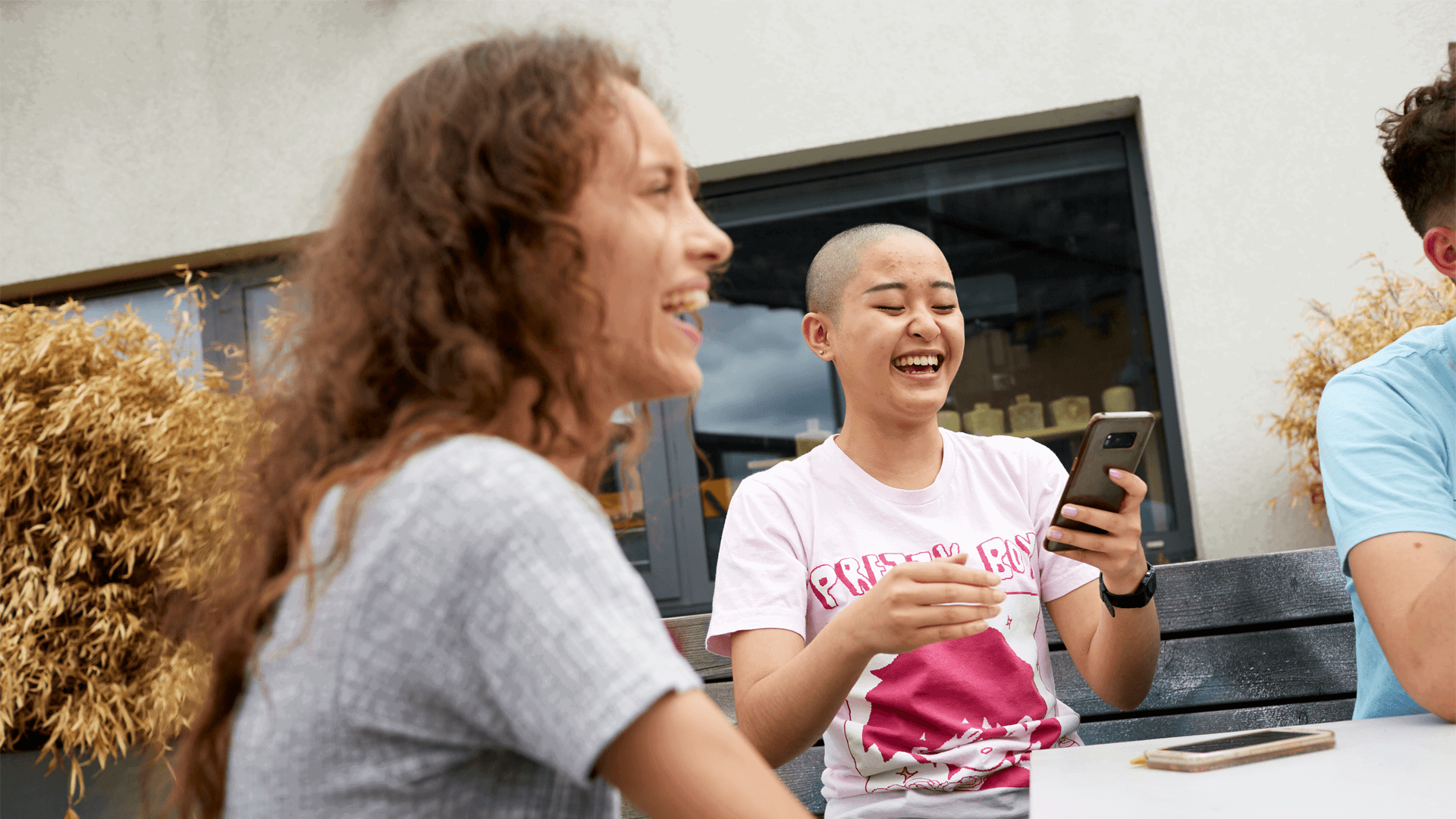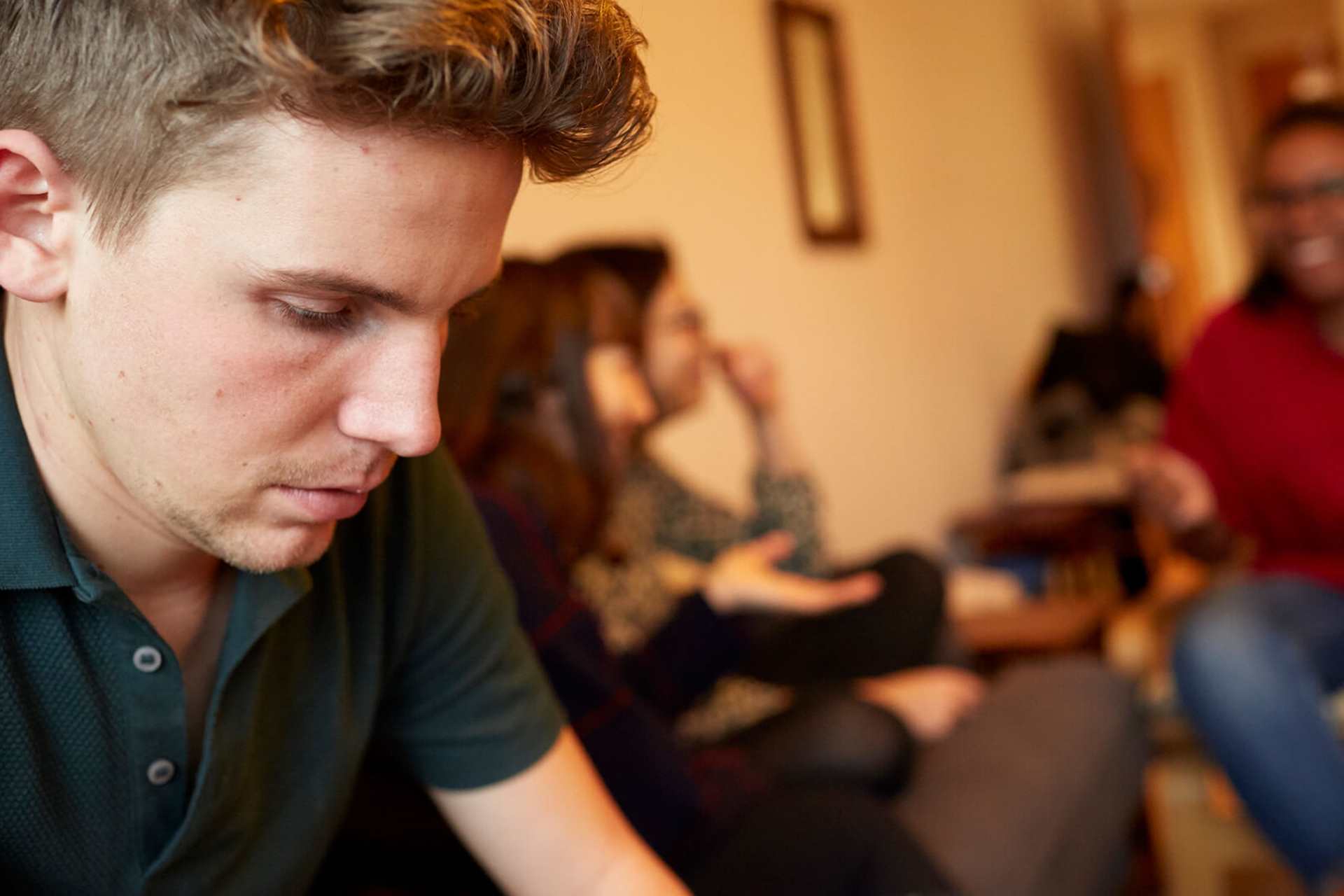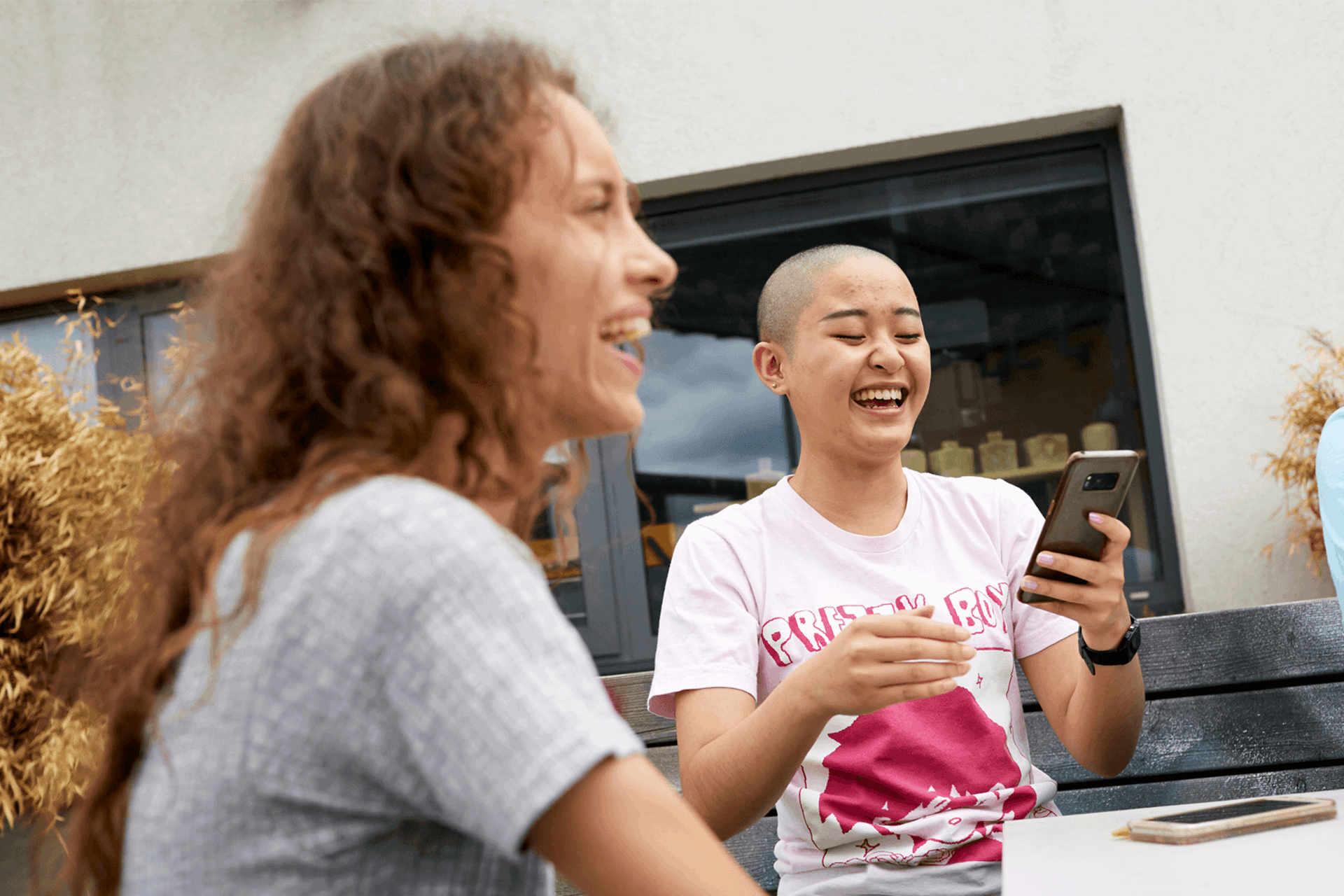Topics mentioned: feelings and emotions, self-esteem, self-care
About: Rose explains how helping others encouraged her to take better care of herself, and shares her tips on validating your feelings.
When I was younger, I spent a lot of time thinking that my feelings and my worries were wrong. It often felt like the things I was concerned about were too small or too ridiculous to talk about.
For a while, I tried to supress my feelings, or distract myself from them, or simply ignore them, and hope that they would just go away. Ultimately, it became too draining to carry on like that and I was determined to start showing up for myself.
Showing up for your feelings means that you can show kindness to your thoughts even when those thoughts can be cruel, complex, and confusing.
What does it mean to validate your feelings?
It took me years to realise that my feelings are, in fact, valid. Validating your emotions doesn’t mean you have to agree with your thoughts. Validating your emotions is the process of listening, understanding, and accepting your feelings. This means you are making sure that you are recognising your emotions, not dismissing them. Showing up for your feelings means that you can show kindness to your thoughts even when those thoughts can be cruel, complex, and confusing.

Validating your emotions is so important because it gives you confidence to move forward. When I take time to really listen and recognise my own thoughts, I can better understand myself and therefore take action to reach calm again.
For example, if I can validate that I’m experiencing an anxious spiral, I can pause, slow down my breathing, write any thoughts down and refocus my attention.
By validating how I feel, I am supporting myself to feel better again. I might not be able to stop those thoughts, but I can process them and manage them more effectively.
How I learnt to show up for my feelings
When I was at university, I signed up as a crisis volunteer for a mental health charity. I have been volunteering for almost two years now. My experience taught me crucial skills about how to be non-judgmental and understanding when communicating with someone in need of support. It taught me how to listen to someone’s struggles and how to respond with kindness and encouragement.
But it also made me think… why can’t I show up for myself like that? How come I could speak with a total stranger about their problems, yet I couldn’t even accept my own emotions? It turns out helping others made it easier for me to help myself, because I started to listen to my own feelings in the same way I listened to others.
Helping others made it easier for me to help myself, because I started to listen to my own feelings in the same way I listened to others.
Tips for validating your own emotions
Below are some tips for showing up for your feelings that I find work for me.
It’s easier to validate your feelings if you know what they are! Try writing down what’s on your mind and what emotion you’re experiencing. You may be surprised at how much easier it is to figure out your feelings when you’re putting pen to paper.
You could say these out loud or write them down in a journal. Some examples might be:
- ‘My feelings are valid’
- ‘I’m proud of my progress’
- 'These feelings are normal'
Personally, I like to do this every day first thing in the morning.
If you’re like me and sometimes struggle to be kind to yourself, validating your emotions can feel unusual. Practising validating your feelings, even in small doses, will start to feel more natural after a while.
It’s important to remember that your feelings are always valid. Nothing is too small or too absurd. From my experience, I’ve found that being really critical of ourselves ultimately gets us nowhere. Showing up for your feelings starts with being kind to yourself. It takes time, but it’s something we can all learn to do. If I can, you can too.
More information and advice
We have tips and advice to help you find the support you need. Take a look at our guides.
Where to get help
However you're feeling, there are people who can help you if you are struggling. Here are some services that can support you.
-
Childline
If you’re under 19 you can confidentially call, chat online or email about any problem big or small.
Sign up for a free Childline locker (real name or email address not needed) to use their free 1-2-1 counsellor chat and email support service.
Can provide a BSL interpreter if you are deaf or hearing-impaired.
Hosts online message boards where you can share your experiences, have fun and get support from other young people in similar situations.
- Opening times:
- 24/7
-
Youth Access
Provides information about local counselling and advice services for young people aged 11-25.
Put in your location and what you need help with into their 'Find help' search, and see what services are available in your area.






